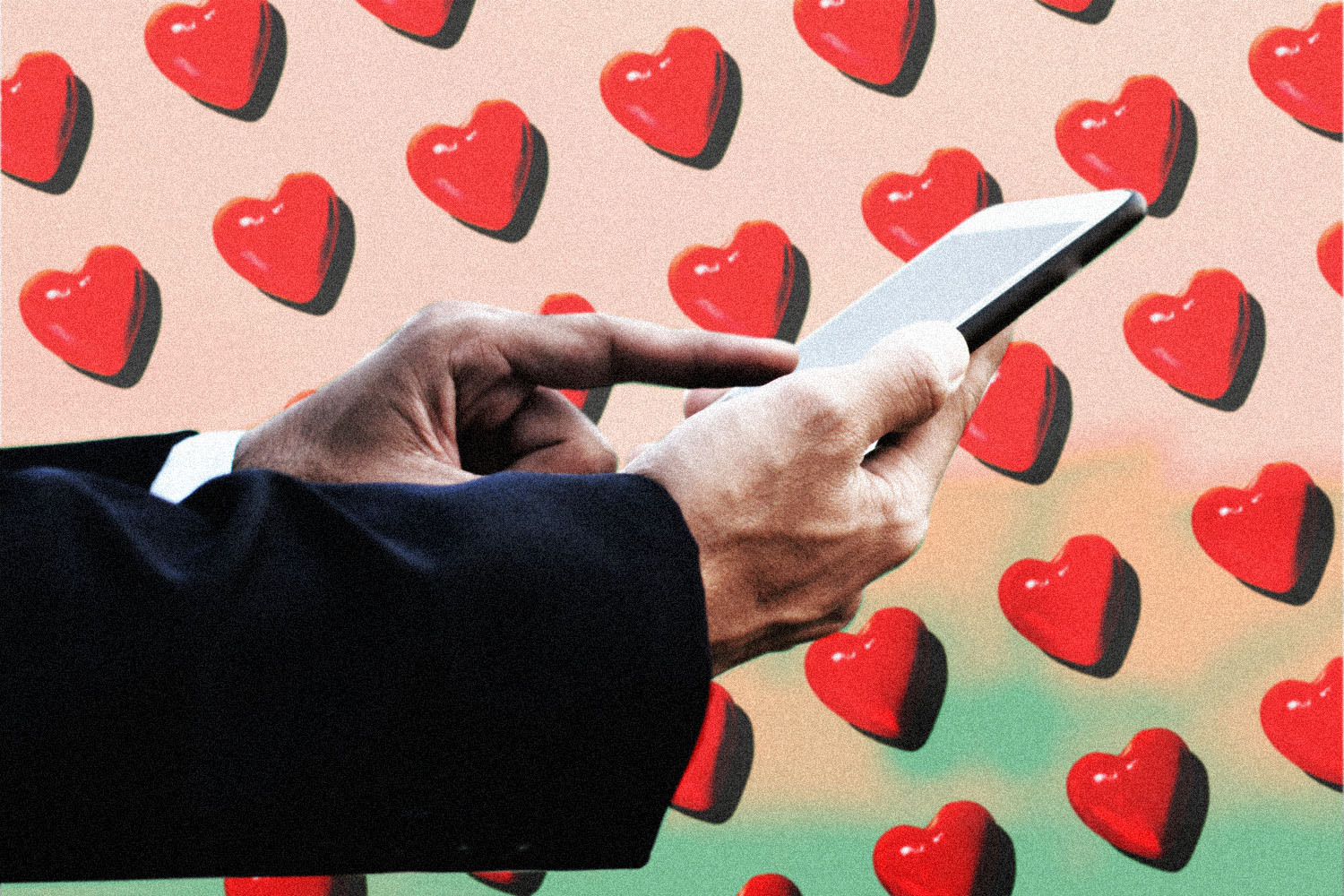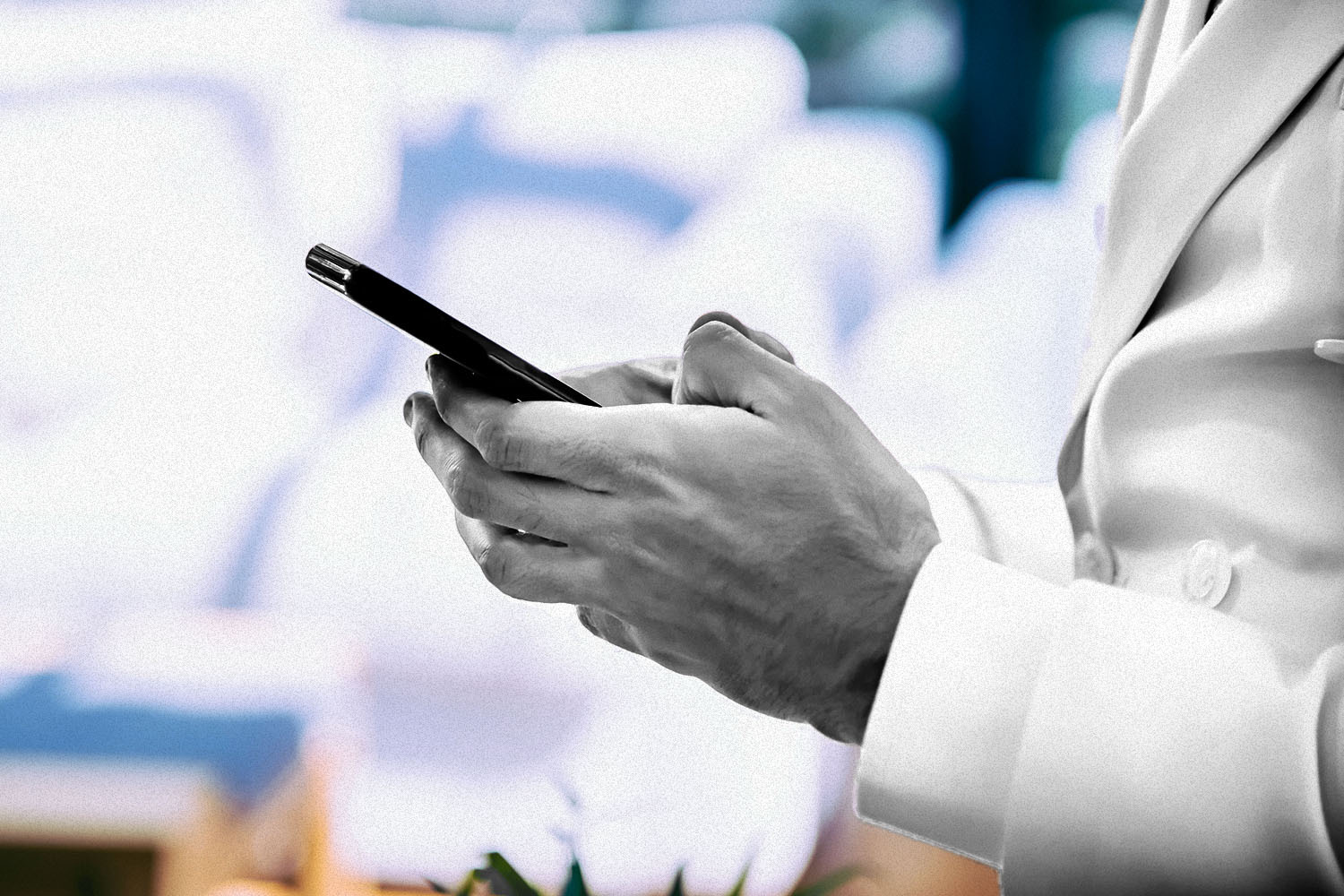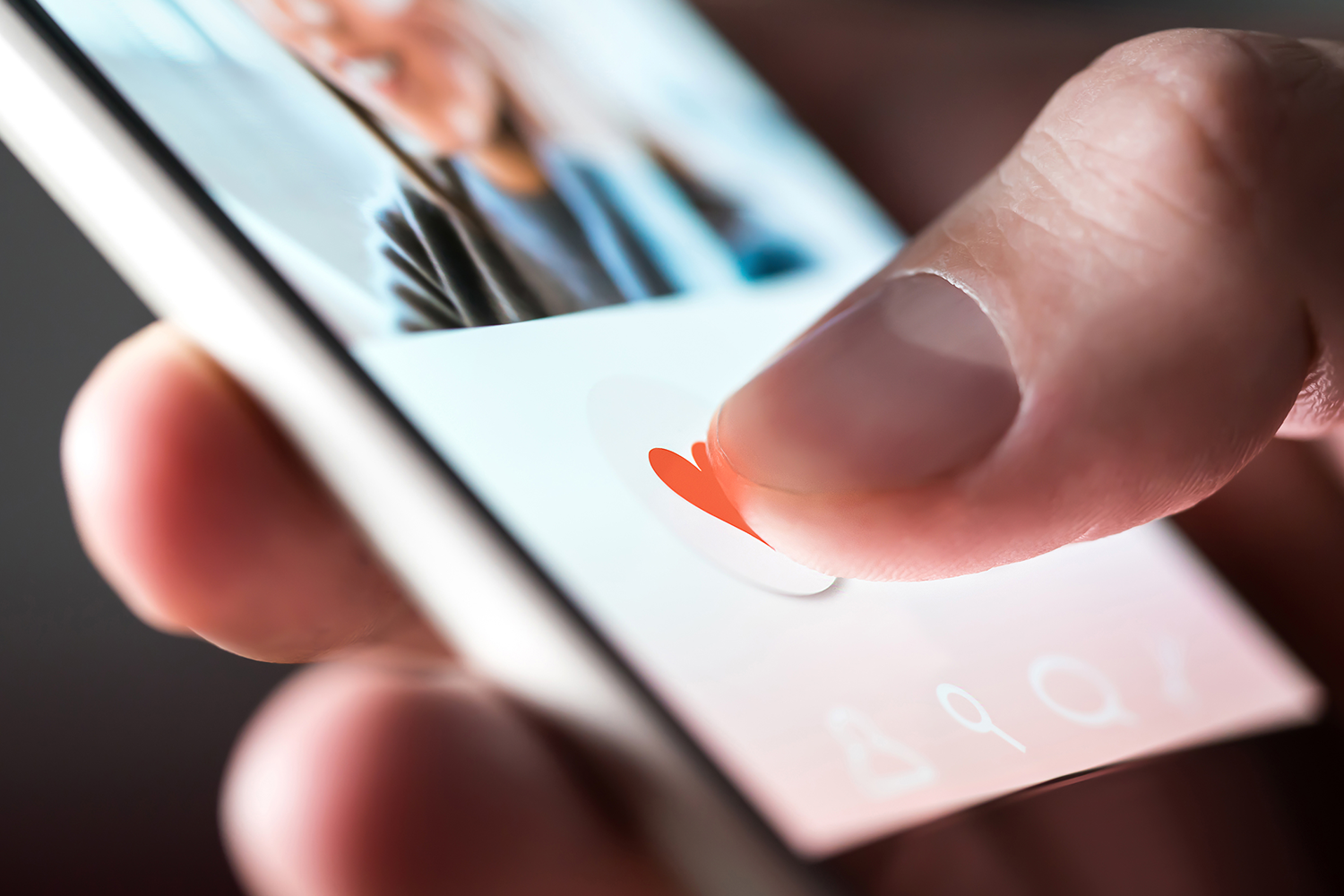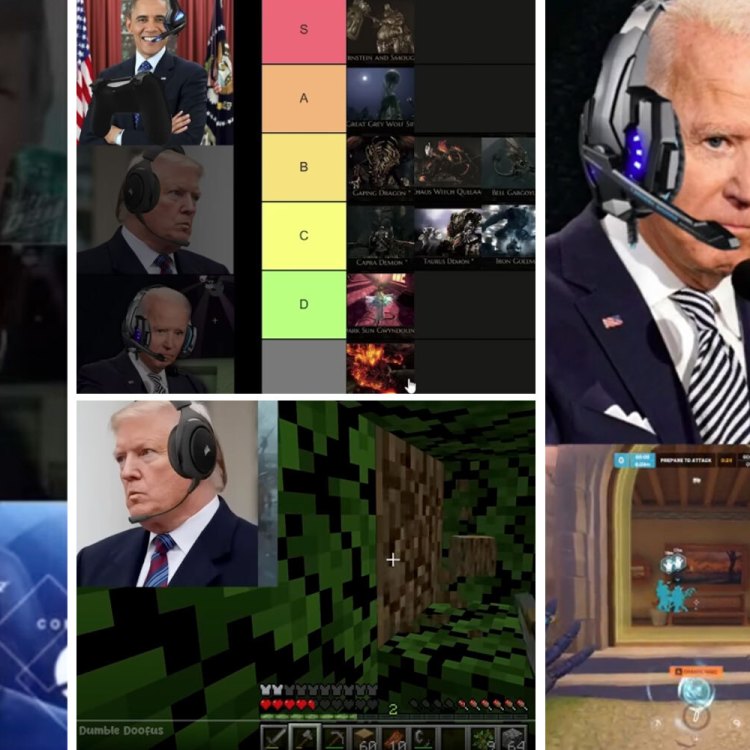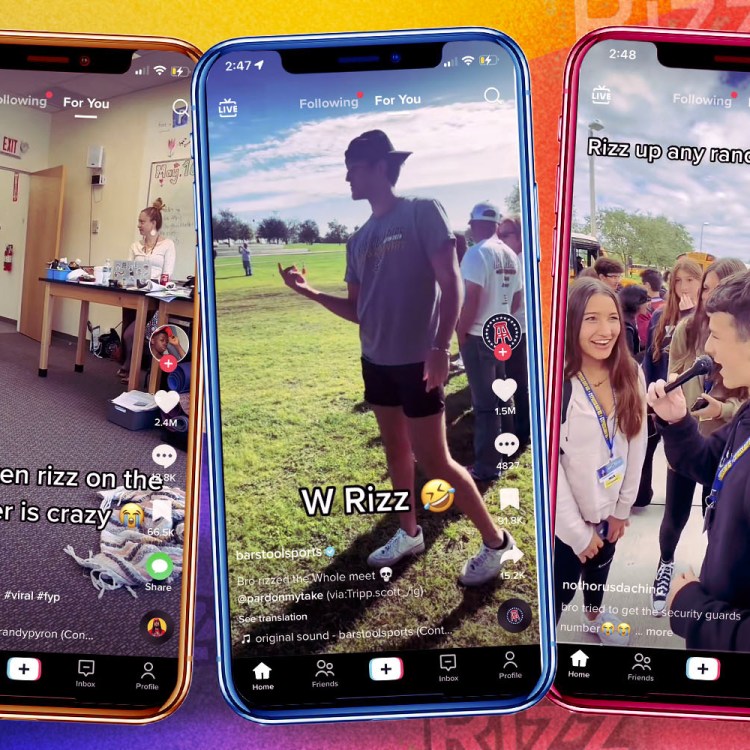One of the very few positive things the pandemic gave us was the ability to say no to plans. For the first time in forever, the fear of missing out on parties, concerts, dinners, festivals and other memorable events had been completely squashed. Despite the whole dreadful pandemic thing, not feeling anxious over skipping a hangout came as a relief.
By May 2021, however, FOMO was officially back. Vaccines were flowing, mask mandates were lifting and outlets were declaring it a “hot vaxx summer.” Last month, New York Magazine published a cover story on FOMO rearing its ugly head as New York City roared back to life: “FOMO might have gone into hibernation for a while, but we may now be on the way to a new golden age as we try to make up for the year we lost by doing more than ever,” wrote Matthew Schneier. Now, in late July, I can’t recall a weekend in the last two months that wasn’t completely booked, and while I’m grateful for the opportunities to make up for lost time, I’m admittedly a bit exhausted.
Reopenings and, subsequently, the return of FOMO have created difficult and conflicting feelings for almost everyone. In his piece, Schneier spoke to people who were experiencing the anxiety of absence but still not inclined to go out. On TikTok, meanwhile, tons of users are expressing that they kind of miss lockdown. They felt secure in the fact that they weren’t the only ones staying home and no longer felt jealous watching others go out and do things.
One Redditor recently asked the community “Anyone else feel really guilty not going out these days?” The top reply is from a user wishing they had people to go out with.
Next to feeling anxious, a big part of FOMO is feeling alone. While living in isolation for the past year and a half has exacerbated a feeling of loneliness for many, it also gave some of us a weird sense of solidarity: there was comfort in knowing that everyone else was having an equally miserable time stuck at home. But as life slowly returns to normal, people are partying like it’s the end of the world, and for those who have no one to party with, scrolling through Instagram can feel just as isolating.
In an effort to combat those feeling, a lot of people have turned to dating apps — not for potential lovers, but for platonic friendships. And dating apps have noticed. According to recent reports, apps like Tinder and Bumble, “are launching or acquiring new services focused entirely on making and maintaining friends.”
Bumble, in particular, already has a friend-meeting feature they launched in 2016 called Bumble BFF. But as Bumble founder and CEO Whitney Wolfe Herd recently told Reuters, “People are seeking friendship in ways they would have only done offline before the pandemic.”
“We’ve seen that during the first three months of 2021, the average time spent on Bumble BFF has grown 44% for women and 83% for men. Additionally, over 90% of women who initiated contact on BFF in March 2021 found at least one match,” a spokesperson for Bumble tells InsideHook. “We’re accelerating our efforts around product development. This work is ongoing and we’re just in the early stages, but we’re excited because we see a huge opportunity here.”
For Caroline, a twenty-something compliance officer in New York, Bumble BFF has led to a couple of in-person interactions with potential pals since she began using the app at the start of 2021. She tells InsideHook the app made it easier to find people with similar interests as her. “It was hard to honestly just go out and join interest groups, just because I work a lot. I think primarily I wanted to just make a plan and then meet up with somebody that might have similar interests,” she explains.
Match Group, the company that owns apps like Tinder and Hinge, is also capitalizing on this post-pandemic friendship search. In February, the online dating service company acquired Hyperconnect, a South Korean social networking company that oversees two apps that allow users to chat and connect with people across the world. Other online meetup services are also seeing spikes in users. Meetup.com, a service used to find groups that host in-person or online events, has seen a 22% rise in new members since January. Sites like Meetup that utilize group settings are preferable to some, as the one-on-one nature of some dating apps can feel awkward and high-pressure.
“I’ve been hearing more and more about people recently using dating sites to find platonic friendships. But I think there are better ways to meet friends,” John Frigo, a digital marketing lead at Meetup, tells InsideHook. “Meetup groups are a great way to meet friends with similar interests. As adults, making friends can be weird. It’s not like high school or college where these relationships just naturally form — there’s a little bit of awkwardness around it. With Meetup groups, you meet people in a group setting and you know you have a common activity among you.”
But while dating apps and social networking services like Meetup are convenient tools for finding friends, like any traditional dating app, flames can fizzle out. After hanging out with a user she met on Bumble BFF a few times, Caroline realized they just didn’t click. “I kind of realized we just don’t have the same values or the same kind of extracurriculars outside of work. That’s not something you can really disclose in a friend app. You don’t really know if you’re going to get along with them.”
That said, she tells InsideHook that her experience using Bumble BFF ultimately gave her the confidence to join a group she’d been wanting to join since before the pandemic.
“Having a kind of a weird experience on [Bumble BFF] made me mostly just start to think about the things that I truly like to do. And for me, that’s running. So as soon as I realized running groups are meeting up again, I finally got the confidence to join a team and go to group runs during the week,” she says. “So I think if anything, [Bumble BFF] just inspired me to go back to my old school interests and hobbies, and realize that there was a social group for that here.”
It’s going to take time for us to reacquaint ourselves with socializing, but if the FOMO’s got you down and you’re in dire need of social interaction, consider one of the many networking services or meetup groups available in your area. You might not find your BFF-4-lyfe immediately, but you could rekindle a former hobby or interest that might ultimately lead to deeper, longer friendships and their natural corollary: actually wanting to go out, and enjoying it.
This article was featured in the InsideHook newsletter. Sign up now.

